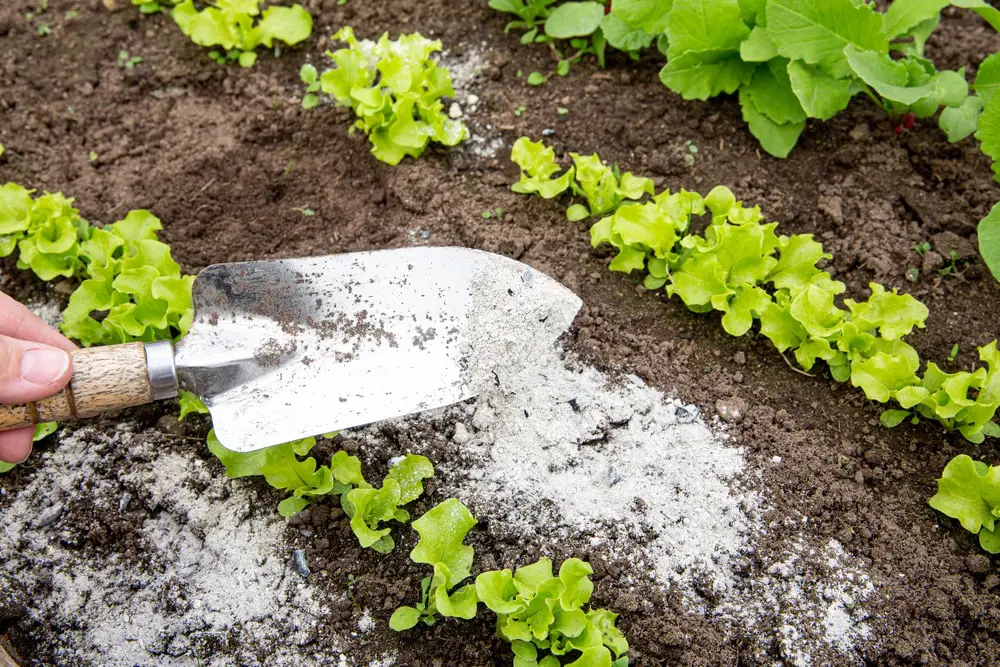Introduction
Wood ashes have long been a natural resource for gardeners looking to enrich their soil and improve plant health. Derived from the combustion of untreated wood, these ashes contain valuable nutrients that can benefit garden soil when used correctly. However, improper application can harm plants and soil balance. This article explores the benefits, practical uses, and important precautions for using wood ashes in your garden, helping you make informed decisions for a thriving garden space.
What Are Wood Ashes and What Nutrients Do They Contain?
Wood ashes are the fine powdery residue left after burning wood. They are rich in minerals that act as natural fertilizers. Key nutrients found in wood ashes include:
- Calcium carbonate (lime): Helps neutralize acidic soils.
- Potassium (potash): Essential for plant growth and fruit development.
- Magnesium: Supports chlorophyll production and photosynthesis.
- Trace elements: Such as iron, manganese, zinc, and copper.
Unlike chemical fertilizers, wood ashes do not contain nitrogen, so they should be complemented with other nutrient sources for balanced soil nutrition. Their high pH means they are particularly useful for acidic soils needing liming.
Benefits of Using Wood Ashes in the Garden
Soil pH Adjustment
One of the most significant benefits of wood ashes is their ability to raise soil pH. Acidic soils can stunt plant growth and reduce nutrient availability. Wood ashes act as a natural liming agent, making the soil less acidic and more hospitable for many plants.
Nutrient Supply
Wood ashes provide essential nutrients, especially potassium and calcium, which promote strong roots, disease resistance, and better fruit quality. Potassium also improves drought tolerance.
Pest Deterrent
Sprinkling wood ashes around plants can deter some pests like slugs and snails. The abrasive texture and alkaline nature are uncomfortable for these soft-bodied pests, helping protect vulnerable plants.
Organic Waste Recycling
Using wood ashes recycles garden waste sustainably, reducing landfill use and closing the nutrient loop in your garden ecosystem.
How to Safely Use Wood Ashes in Your Garden
Test Soil pH First
Before applying wood ashes, test your soil’s pH using a soil test kit. Ashes are best used on acidic soils with a pH below 6.5. Avoid application on alkaline soils to prevent nutrient imbalances.
Application Guidelines
- Use no more than 10 to 15 pounds per 1,000 square feet annually to avoid over-liming.
- Spread ashes evenly and lightly; avoid piling.
- Incorporate ashes into the soil rather than leaving them on the surface to prevent runoff.
- Avoid applying near acid-loving plants like blueberries, azaleas, and rhododendrons.
Avoid Using Ashes From Treated or Painted Wood
Only use ashes from natural, untreated wood. Ashes from painted, stained, or treated wood may contain harmful chemicals toxic to plants and soil life.
Practical Tips and Expert Insights
- Combine wood ashes with nitrogen-rich compost or manure for balanced fertilization.
- Apply ashes in the fall or early spring to allow time for soil pH adjustment before the growing season.
- Keep ashes dry and store in a sealed container to preserve nutrient quality.
Expert gardeners emphasize moderation: “Wood ashes are a fantastic soil amendment when used thoughtfully. Overapplication can raise pH too much, locking out nutrients,” says Dr. Emily Hart, soil scientist.
Common Questions About Wood Ashes in Gardens
Can I Use Wood Ashes on Vegetable Gardens?
Yes, but apply sparingly and test soil pH regularly. Ashes benefit root crops and leafy greens when balanced with nitrogen inputs.
Do Wood Ashes Attract or Repel Earthworms?
Wood ashes generally do not harm earthworms if used moderately. They can improve soil conditions, indirectly benefiting earthworm populations.
How Often Should I Apply Wood Ashes?
Typically, once a year is sufficient. Frequent applications can cause soil alkalinity issues.
Conclusion
Wood ashes can be a valuable addition to your garden when used with care. Their nutrient content and liming properties help improve acidic soils and support healthy plant growth. Always test your soil first, apply ashes moderately, and avoid ashes from treated wood. By integrating wood ashes thoughtfully, you enhance your garden’s fertility naturally while promoting sustainable gardening practices. Consider pairing ashes with other organic amendments for balanced soil nutrition and enjoy a flourishing garden all year round.
